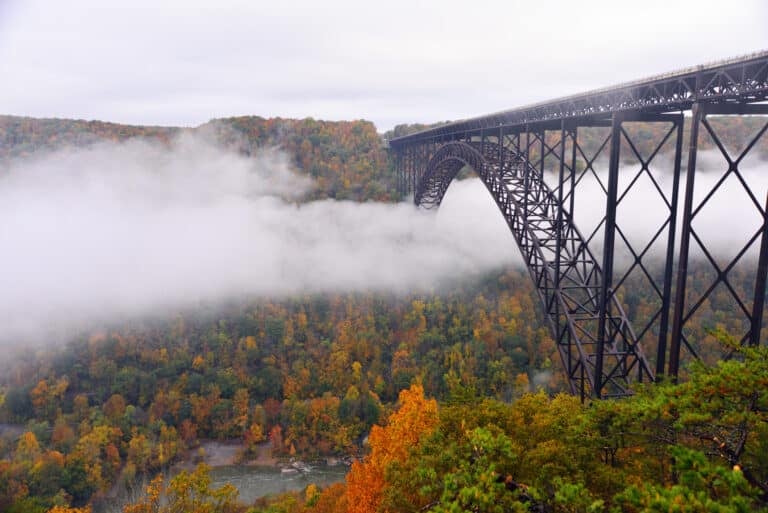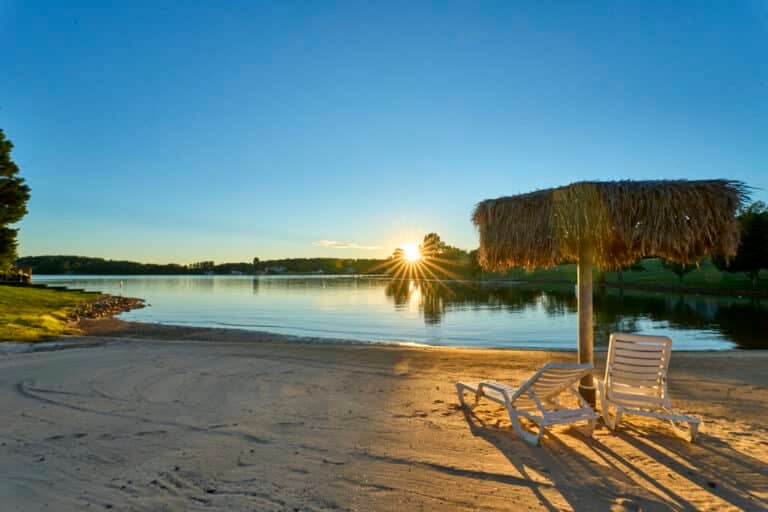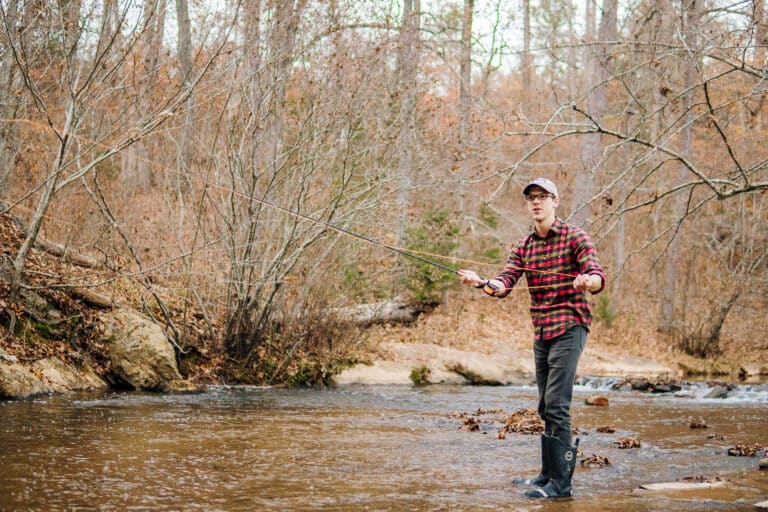Some Like It Hot
By now we all know Lindsey Vonn isn’t competing in the Winter Olympics in Sochi, further diminishing a Winter Games that was already lacking star power. The absence of big names is just one of the reasons the Winter Games pale in comparison to the summer version, especially this year. The Winter Olympics gave us the Miracle on Ice and the delightful film Cool Runnings, for which millions are grateful. But due to its exclusive nature and unfamiliar events, I’m far more excited for the 2016 Summer Games in Rio de Janeiro.
We like sports to be objective, with clear-cut winners and losers. Team A scored more points than Team B. Runner X crossed the finish line before Runner Y. Too many winter events are determined by judges. Figure skating, snowboarding, and freestyle skiing are three of the more popular sports where the winners are decided by votes. In the summer, the gymnastics events are among the few that require judges. Big-time sports like swimming, track and field, and volleyball do not.
Even in the sports where simple numbers (time or distance) decide the medalists, most viewers have no frame of reference. I have no idea what’s a good time for bobsledding or a respectable distance for ski jumping because I’ve never done them. The Summer Games—dominated by simple and inexpensive sports like swimming and track and field—don’t have this problem.
Aside from speed skating, there are hardly any winter sports that provide a photo finish. Due to the nature of many events, competitors go one at a time. Viewers have to keep an eye on the clock instead of watch the athletes go head-to-head down the stretch. The incredible finishes we see every four years in the pool or on the track aren’t possible in the Winter Games.
And lastly, because of the cost and the climate necessary to attempt many of the winter sports, a majority of the world is excluded. There are 146 countries that have won an Olympic medal: 145 have summer medals, but only 45 have winter medals. You need not only snow but money to train for many of the winter events.
Good luck trying to distinguish between two well-executed triple lutzes and have fun watching a couple of guys push a hunk of granite down the ice with a broom. I’ll be counting down the days until the opening ceremony in Rio.
Andrew Kahn is a freelance writer who blogs at andrewjkahn.com.
Baby, It’s Cold Outside
We can all agree that most Olympic sports are difficult, or at least require an above average level of specialization, practice, skill, and dedication. This is why millions of people tune in to watch Olympians perform, because they simply don’t possess the combination of natural talent and rigor of these genetic anomalies.
But let’s split hairs for a minute: performing sports when it’s cold outside (see: Winter Olympics) is just plain harder, requiring more dexterity, more strength, and more pure nerve than the Olympics’ warm weather cohort will have you believe. Let’s discuss.
No one likes the bitter cold. Beach volleyball or snowball fight? I can guarantee 98% of those considered sane by the federal government would pick a warm beach and a Corona in their hand. That’s why winter sports are that much more impressive—it takes a true athlete, a truly hardened individual to face extreme cold, much less ski down a hill at 60 miles an hour in it. Or jump 150 feet in the air on a snowboard. Or ice skate at 40 miles an hour on rock hard ice. Suck it, triathletes, and try doing what you do in a negative-5 wind chill.
Ice hockey. Skiing. Snowboarding. Speed skating. Luge. Cross-country skiing. All these sports have two things in common: cold and intensity. Let’s take a look at some summer sports: table tennis, horseback riding, fencing. It sounds more like a country club getaway.
Have you ever seen soccer players rip off their gloves, throw down their sticks, and start pummeling each other in the face mercilessly? No? Why, soccer players don’t even have gloves. Or sticks. And they’re not allowed to fight. Is there any sports story more glorious than that of the 1980 U.S. Olympic Hockey Team? I rest my case.
It would seem that Summer Olympians just want to take their shirts off, lounge around at the beach, and pretend at athleticism. If you’ve ever stood atop a mountain in 8-degree weather with 30 mph winds, crossed your fingers, and hoped your skis carried you safely back to the lodge, you can relate. If you haven’t, give it a try some time. If you don’t freeze to death first, you may just come to realize that the Winter Games are really the only sports the Olympics have to offer.
Evans Prater is founder of DoNation, a non-profit dedicated to helping folks streamline their support of good causes locally and nationwide: jointhedonation.org.








